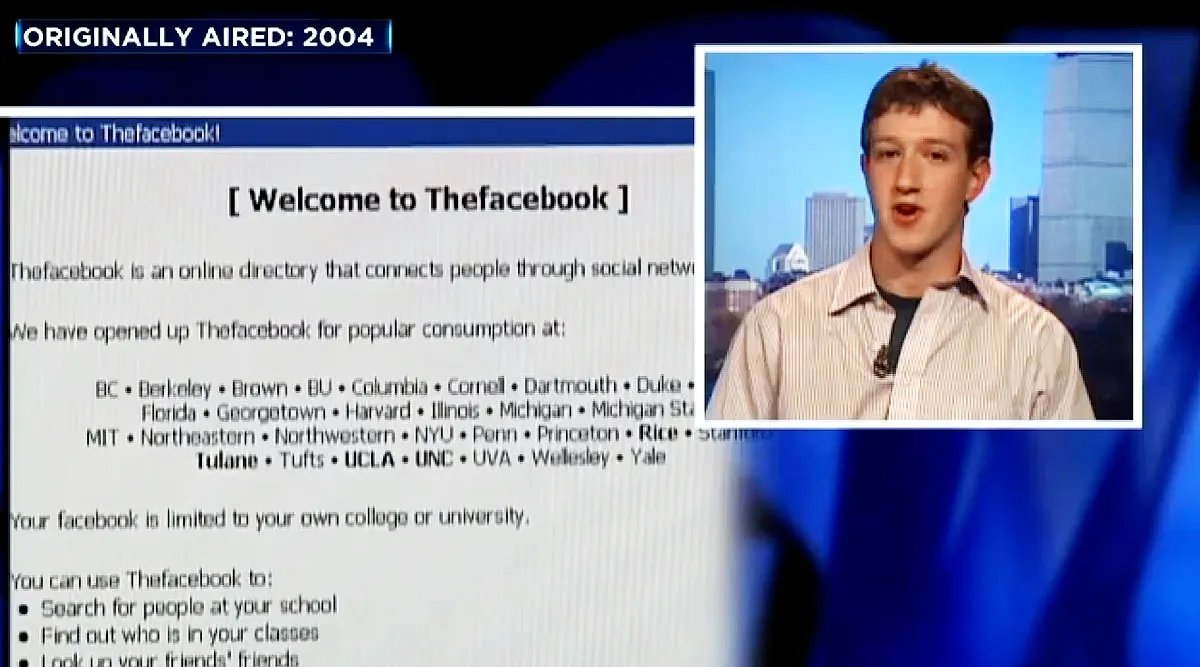The Super Bowl
The Grammys
Football’s biggest night is a perennial ratings powerhouse, but this year’s game handily broke viewership records with an audience of 123.4 million tuning in on February 11 to watch the Kansas City Chiefs beat the San Francisco 49ers. The game going into overtime helped, as did the presence of superstars on the field (Patrick Mahomes) and in the stands (Taylor Swift). Still, ratings for all NFL games throughout the season jumped 7% over last year.
The Grammys, held the previous week, also saw a hefty ratings increase, of 34%, as 17 million people tuned in to the music awards show.
All told, it was a very good month for live TV event broadcasts, which had struggled to regain their footing following pandemic disruptions.
Paramount+
Max
Peacock
Paramount laid off 3% of its 24,500 workers amid a rocky move away from traditional TV, thanks in part to its streamer, Paramount+, weighing down the company with $1 billion in losses last year. It’s unlikely that a potential combination with Comcast’s Peacock (with just 35 million subscribers) will be a cure-all. HBO’s streaming platform, Max, has better subscription numbers (95 m) than Paramount+ (63 m), but lags far behind Netflix (260m), Amazon Prime (200m) and Disney+ (150m). Will its expansion next week to Latin America help even out the race?
Peak TV, RIP
Between 2009 and 2022, the number of scripted shows on US TV nearly tripled, to 600, as prestige television and the streaming wars brought a technology once derided by some as the Idiot Box to the forefront of American culture. The number of series fell 14% last year. The SAG and WGA strikes certainly played a role, but observers expect 2022 to have been the peak of Peak TV as studios assiduously tighten belts after years of splurging.
Mark Zuckerberg’s transformative social media platform turned 20 this month. There was much to celebrate: 3 billion people, or 60% of all internet users, scroll its feed at least once a month; its holding company, Meta, is the second biggest ad seller on earth, after Google; and its canny acquisitions of would-be rivals like Instagram and WhatsApp set a template for Big Tech M&A.
It’s doubtful that even Zuckerberg could have envisioned this back in 2004, when Facebook launched to a few thousand Harvard undergrads and became the talk of dorm rooms across Cambridge.
Yet there were less rosy things to reflect on this birthday. The mammoth success of TikTok has required Facebook, not for the first time, to play catch up as it moves further and further away from its original intent to keep friends new, old and nearly forgotten informed of, and thereby connected to, each other’s lives. TikTok has also bolstered Facebook’s reputation as the preferred social network of the retiree set.
Meta failed to deliver on its widely publicized pivot to AI. And problems persist surrounding privacy (Zuckerberg recently appeared in a Congressional hearing on protecting children from predation on social media) and misinformation, which will surely generate attention, most of it bad, this election year.
Indian press freedoms
Reporters Without Borders said “the vice is tightening” on foreign correspondents in the world’s most populous country after the renowned French correspondent Vanessa Dougnac left India after an expulsion threat. General elections begin there in two months.
The Independent
Buzzfeed UK
HuffPost UK
The 40-year-old British publisher acquired the UK branches of erstwhile upstarts BuzzFeed and HuffPost. It was the latest bad news for the scrappy, listicle-heavy platforms hailed a decade ago as media saviors, and another example of Brit publishers looking to counteract a loss of digital ad money following Google’s move to do away with third-party tracking cookies on Chrome.
CNN
In some ways, things have stabilized at CNN, which lost various star anchors (Chris Cuomo, Don Lemon) to controversy, some of it on-air, and its short-lived CEO, Chris Licht, to perceived incompetence. But the network is still at the bottom of the cable news ratings heap, and reworking its lineup in order to stop the bleeding.
The latest victim of reshuffling was the morning show headed by Poppy Harlow and Phil Mattingly. Shortly after that announcement, chief Mark Thompson warned of “immense change” on the horizon, causing fears of layoffs and pay cuts. Other likely changes: an investment in marquee “multi-platform” talent, a combination of international and domestic operations and, with any luck, a prioritization of news over sensationalistic editorializing.

